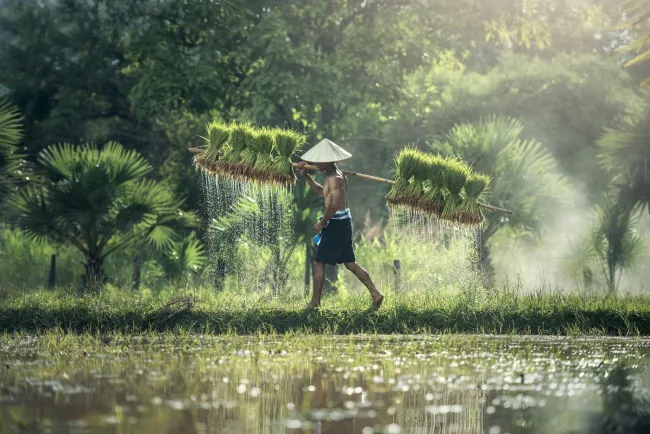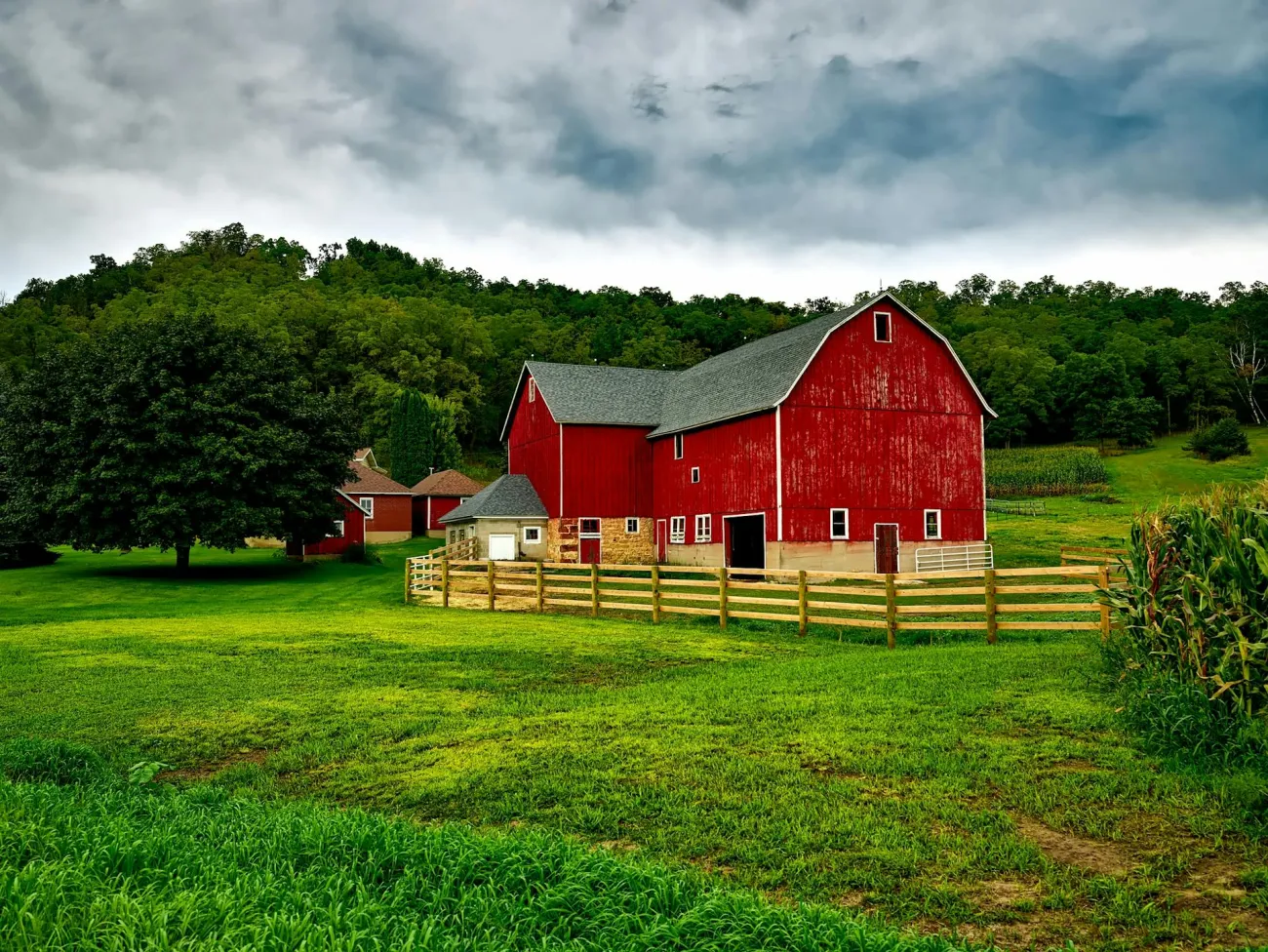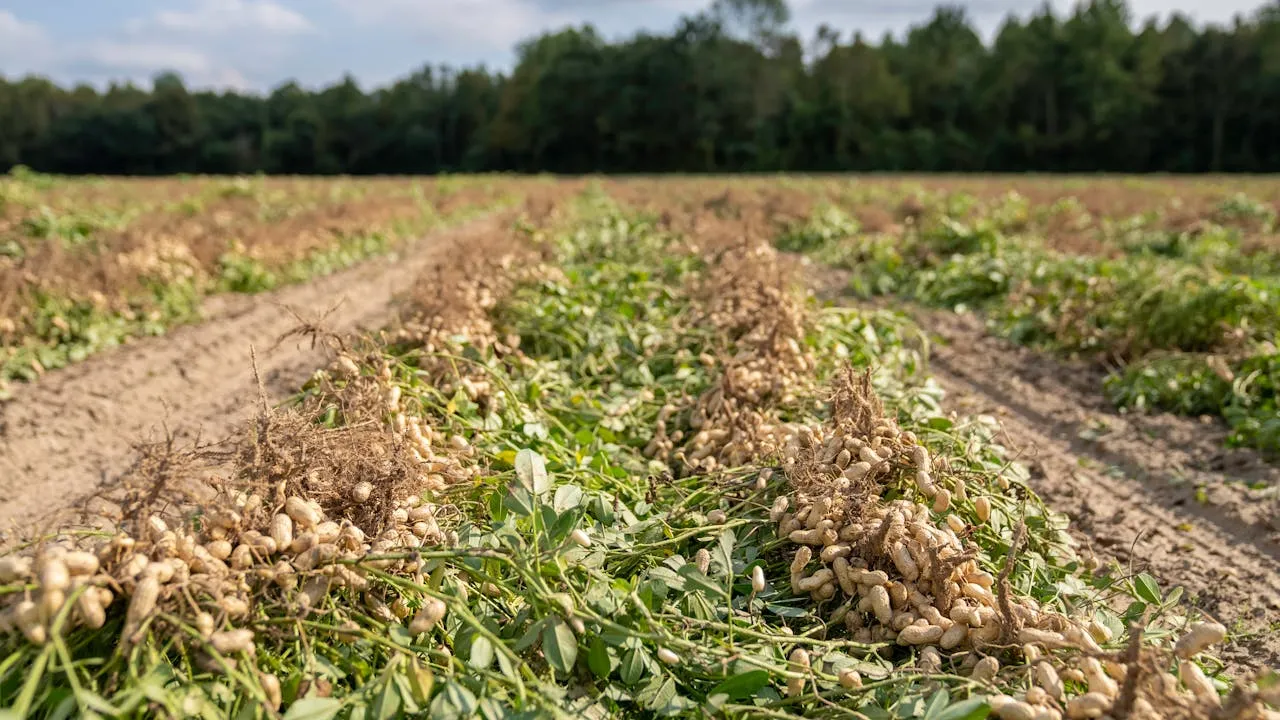Media outlet Semafor has spotlighted the Philippines’ decision to block the farming of golden rice - the genetically modified, vitamin-A-enriched cereal intended to combat childhood blindness. The Phillipines was the first country to approve golden rice, but Greenpeace successfully overturned the decision in court in April 2024 over “safety fears". The recent ruling has reignited the decade-spanning GMO debate, with environmental writer Mark Lynas accusing Greenpeace of “committing a crime against humanity” for contributing towards child blindness. TABLE’s letterbox series on GMOs and our new podcast on gene-editing showcase the polarised views on the subject and reveal the priorities, assumptions and ideologies that underpin these rigidly-held positions.

Summary
The recent decision to block golden rice in the Philippines over “safety fears” has resurfaced the polarised, decades old debate on golden rice and the use of genetically modified organisms (GMOs) in the media. Golden rice is genetically modified to produce vitamin-A rich beta-carotene to help reduce deficiencies that cause child blindness.
International outlet Semafor documented that several environmental NGOs, including Greenpeace, had successfully overturned the Philippines' decision to use golden rice, the first country in the world to do so.
The court of appeals in Manila revoked the permit on 17th April 2024 for commercial production of the rice granted by government regulators in 2021 after 14 opponents, one of which was Greenpeace, filed a challenge, according to Science news outlet, Phys.org. The ruling also applies to a pest-resistant aubergine variety. It said the conflicting scientific views prompted “severe” health and environmental safety concerns. An attorney who has handled similar cases, Aldrich Fitz Dy, said in a Science article that the courts should have weighed the validity of the claims.
TABLE’s most recent podcast episode explores gene-editing, dubbed a more precise version of GMO, unpacks the technology. It discusses whether it’s fair to call it a natural way of speeding up the breeding process,if it’s addressing the root causes of food system challenges and if there’s space in the middle for such a polarising issue. In another podcast episode, we step back from this debate and ask scientists, farmers, technologists and philosophers about how natural our food systems should be. Should nature be our ultimate guide or should we fully lean into the technological innovations reshaping our world?
The decision showcases the diverse viewpoints, ideologies and assumptions on GMOs of organisations, actors and individuals working within food systems, as also shown in TABLE’s letterbox series on GMOs in Ethiopia.
Greenpeace celebrated the decision with Southeast Asia campaigner Wilhelmina Pelegrina saying in a statement: “GM crops have never been proven safe, and have hindered necessary progress on climate resilient ecological agriculture that keeps the control of seeds on our farmers.”
While the successful challenge was framed around the safety of golden rice, anti-GMO campaigners use the topic to discuss the consolidated power of corporations in the food system.
The questions underpinning the debate boil down to how much profit agribusiness make from GMOs, what kind of ownership rights companies have over crops, whether farmers benefit from growing these crops and – as the Greenpeace statement alludes to – how much public money should be spent on their research, and on what crops. (Relevant to this debate, one of our TABLE essays reflects on how power dynamics influence Africa’s seed and food system, and explores the visions and assumptions of different actors in Africa and how it frames their view on GMO seeds.)
Despite the debate over control and profit of agribusiness of GMO seeds, developers of the crop, Syngenta, granted the Philippines a humanitarian licence to distribute the crop to farmers without a patent.
In response to the decision, environmental writer and author, Mark Lynas accused Greenpeace of “crime against humanity” in an article in the Spectator for contributing to approximately hundreds of thousands of avoidable deaths caused by child blindness if efforts to block golden rice happen elsewhere. This calculation is based on the assumption that golden rice is granted approval by the Bangladesh government and farmers adopt the crop widely.
He called the environmental campaigning organisation “anti-scientific and even anti-human” for its opposition to GMOs, an often-used phrase to describe campaigners on the issue. Lynas has authored a book on the GMO debate, in which he documents his own journey (having once been an anti-GMO campaigner) and his own changed stance on the subject. He says his book “lifts the lid on the anti-GMO craze and shows how science was left by the wayside as a wave of public hysteria swept the world.”
Also reflecting on his personal journey in an interview of TABLE’s podcast, professor of biotechnology Channa Prakash discusses golden rice, his fear that ideology stands in the way of science and how his views have been shaped by a connection to the Green Revolution.
Read the Semafor article here, the Phys.org article here, and Mark Lynas’ response in the Spectator here.
References
Kettenburg, A.J., Hanspach, J., Abson, D.J. et al. From disagreements to dialogue: unpacking the Golden Rice debate. Sustain Sci 13, 1469–1482 (2018).




Comments (0)